Top Nutrients for Anxiety In Kids (video)
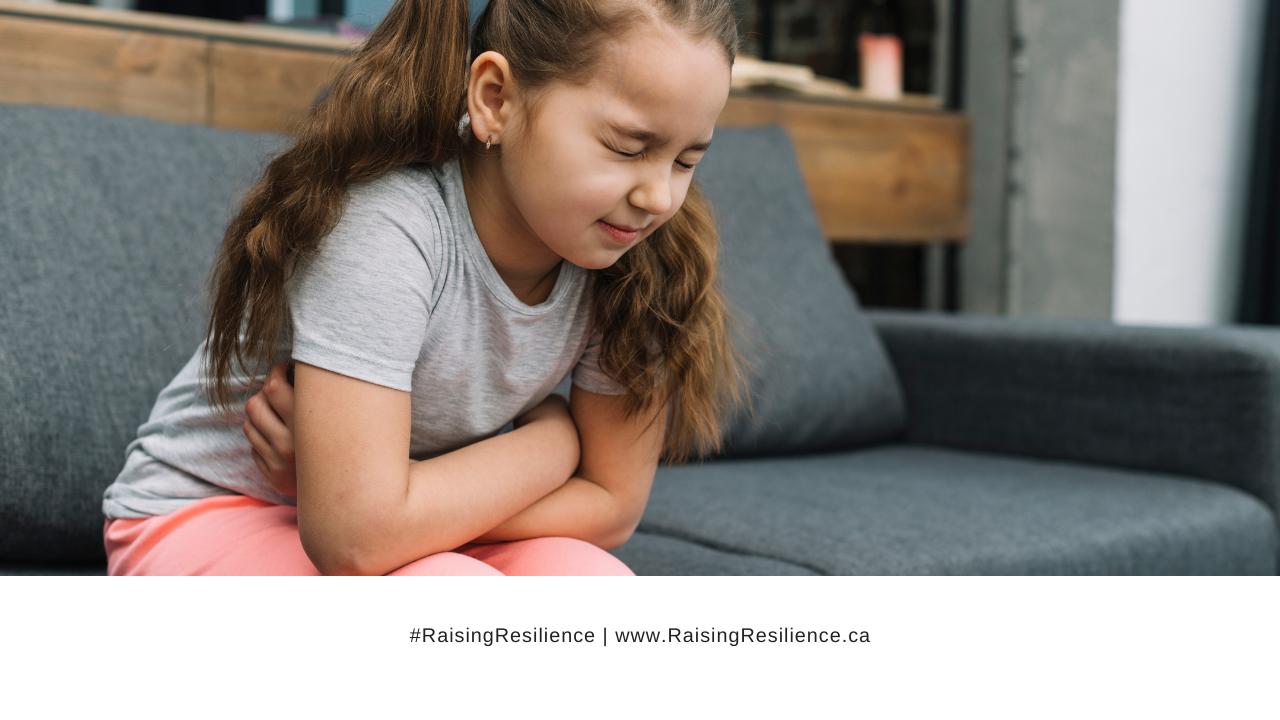
I share that video because I want you to understand where the work that we do with nutrition fits in to what you may already be doing for your anxious, moody child.
Statistically, about 20% of kids and adolescents are estimated to have anxiety. But anxiety in kids can have a lot of faces and it can be hard to know if your child is experiencing anxiety. I suspect the true number is a heck of a lot higher than 20%.
One mom told me recently that she had terrible anxiety as a child but had no idea it wasn't normal to worry all the time until she saw the same behavior in her child twenty years later! We were working with her child at the time but alongside we created a plan for her - and as we worked on filling some key nutritional gaps, she and her child were both finally able to feel better.
Nutrients For Anxiety
I want every parent to know that nutrients can really help a child feel more calm and secure. It's the "third consideration" I talk about in the excerpt video above - strong nutritional reserves.
Nutrients help because they support the body's capacity to tolerate stress. We'll talk about which nutrients are best for anxiety in kids in this article.
How Nutrition Helps Anxiety In Kids
Nutrients drive the nervous system and anxiety has everything to do with a nervous system that is trying to find balance.
Assessing and attending to nutritional imbalances can be one prong of support for your anxious, moody child by providing the building blocks their nervous system needs to regulate.
I have seen shy kids turn into social butterflies when given the right nutrients.
I have seen worried kids jump into new experiences when given the right nutrients.
I have seen angry kids stop being explosive when given the right nutrients.
I have seen disruptive kids start to listen at school.
So what nutrients can help? Well, every child is different but in working with anxious kids, here are four specific nutrients I have seen help ease the pressure fairly consistently.
Top Nutrients For Anxiety In Kids
B6
The entire B family of vitamins is critical for nervous system health, detoxification, and energy production. Bs are very important for creating neurotransmitters and the energy needed to get through your day with a clear mind.
Since Bs are so involved in stress, a body under chronic stress will burn through its B vitamins and can quickly become depleted.
All the Bs are important for good health but B6 is particularly important for the creation and transport of neurotransmitters like serotonin and dopamine that affect how a child feels, focuses, and functions.
One caution about B vitamin supplements is that I have seen them cause increased agitation in some kids, especially B6, folate, and B12. Typically I find this to be a sign they're not being absorbed into cells well. An Organic Acid Test can shed some light. I tend to work on detoxification first with kids who react poorly to B vitamins. They still need them, they just aren't absorbing them and using them well. Detoxification seems to enhance absorption.
So when it comes to B vitamins, you can try them in low doses as a combination supplement or you can start by incorporating more foods that are high in B vitamins. Beyond that, it's best to work with a practitioner to do some testing.
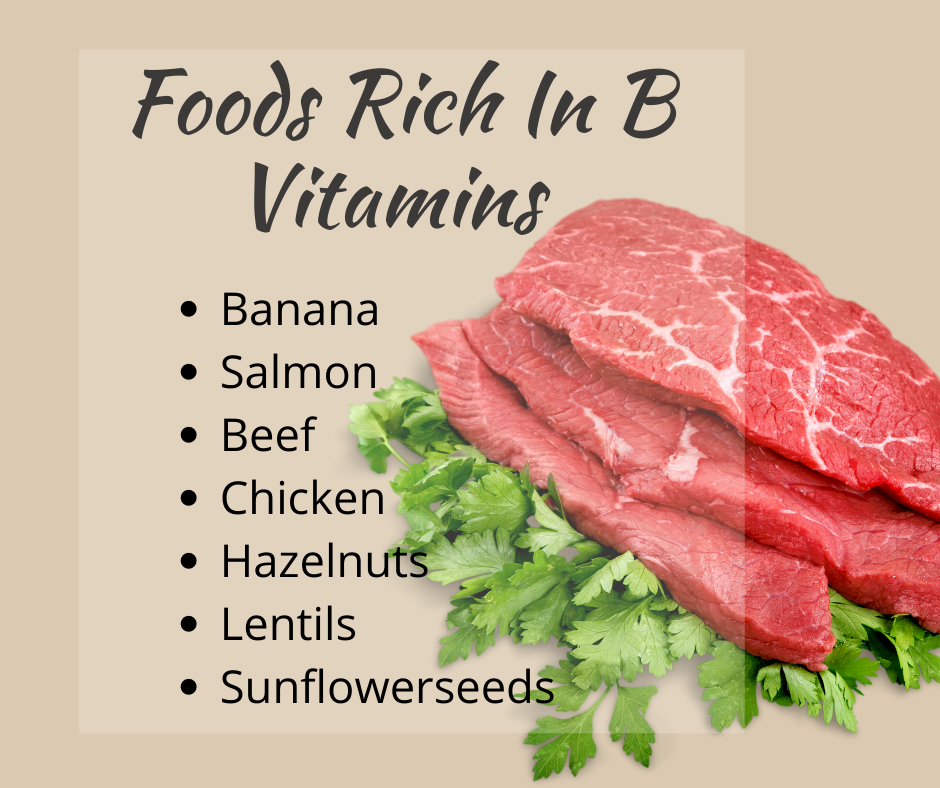
Zinc
Zinc is required for at least 100 different enzymes to function in the body including those that support detoxification, immune function, growth, digestion, and the creation of hormones and neurotransmitters.
A lot of processes slow down when zinc is insufficient!
Zinc helps cells grow and multiply so it is required during times of rapid growth (like puberty for example). It also supports structural function in the hippocampus, which is a part of the brain involved in learning and memory. I have seen zinc supplementation support poor short-term memory and improve reading comprehension.
Zinc helps kids digest their food better and detoxify chemicals. It's SO important but can be low for a few reasons: Insufficient intake, higher than normal need, poor genetic capacity to transport it into cells due to variants in SLC genes are a few reasons.
You can supplement with low doses of zinc safely for a short time (15mg or so) but beyond that it's best to do some testing. Minerals work together and an excess of one can throw off the balance of others. Serum testing to find out the ratio of zinc to copper is helpful, as is a hair mineral analysis to see how the minerals are sitting in relation to one another. Incorporating zinc-rich foods is a great place to start.
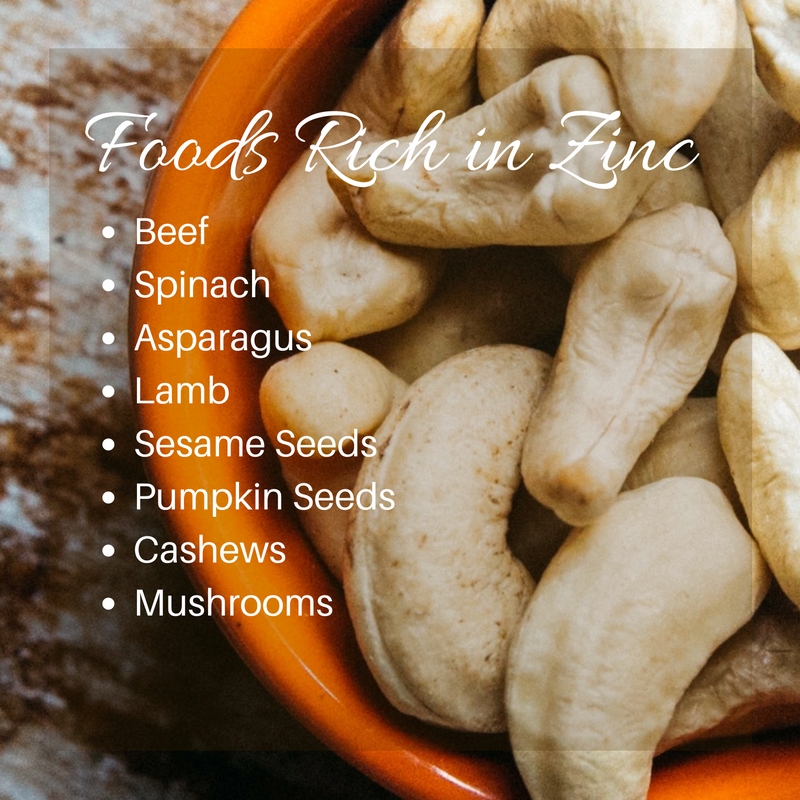
Protein
The process of digestion breaks dietary protein into single amino acids. These amino acids will then be used to make all kinds of things including neurotransmitters and hormones - chemical messengers that affect mood, focus, memory, sleep, and learning.
A child needs sufficient protein in order to create the hormones and neurotransmitters they need to cope with stress. I generally find kids with anxiety do better on a diet that is high in protein (about 30% or so).
A companion issue here is that anxiety is often accompanied by poor digestion, and a child needs to be digesting that protein well in order to use it. If your child seems to avoid protein-rich foods like meat and eggs, this might be something to look at. If you do think your child is eating enough protein, you might consider getting an assessment of their microbiome or a urine sample looking at a marker called Indican to see if they're breaking protein apart well. In the meantime, while you get digestion sorted out, you can use amino acids in supplement form to get those building blocks in.
Please see our Amino Acid Quickstart program for more on amino acids (here).
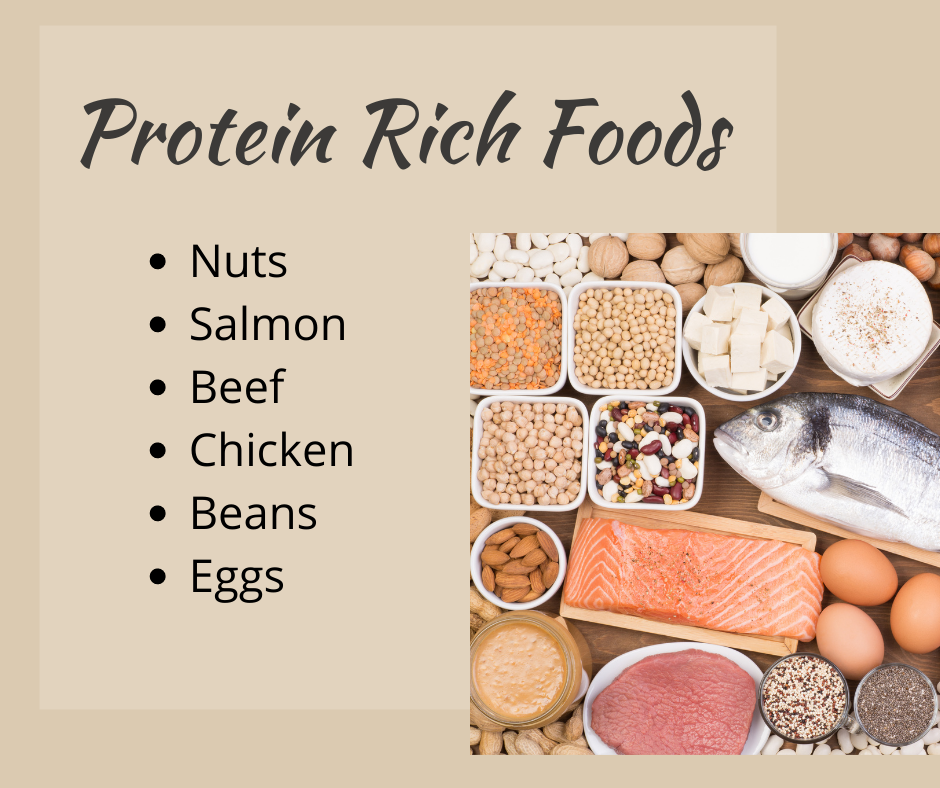
Magnesium
This critical micronutrient is involved in over 300 enzymatic reactions including the synthesis and transport of neurotransmitters like serotonin and dopamine. It also helps ease inflammation in both the nervous system and in the muscles, and supports the production of energy.
A body under stress needs a lot of magnesium!
Magnesium should be abundant in food but, as this study in the National Center For Biotechnology Information reported:
"It is ascertained that magnesium content in fruits and vegetables dropped in the last fifty years, and about 80% of this metal is lost during food processing. As a consequence, a large percentage of people all over the world does not meet the minimum daily magnesium requirement."
A compounding problem that we see in the kids we work with is that many have genetic variants in the CNNM2 gene which makes them more prone to magnesium deficiency.
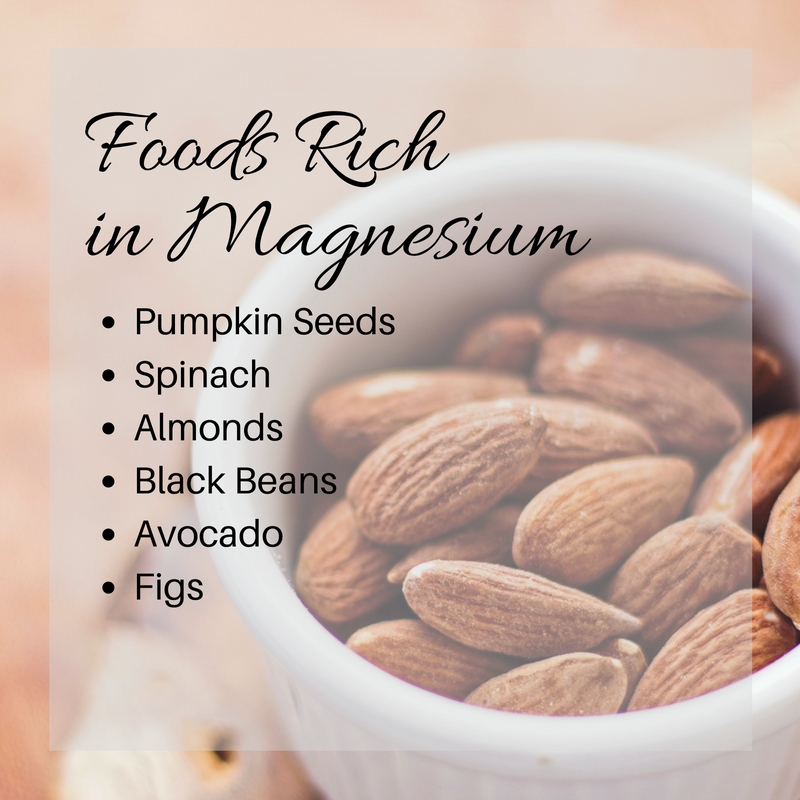
Could Your Child's Anxiety Be A Pyrrole Disorder?
It's possible so I don't want to close out an article about nutrients and anxiety without giving it a mention.
Pyrrole disorder is a situation in which the body is overproducing a particular byproduct of red blood cell production called hydroxyhemopyrrolin-2-one, or HPL. That molecule's nickname is Pyrrole.
HPL is naturally flushed from the body through urine, so you can check on pyrrole disorder using a simple urine test called a Kryptopyrrole Quantitative Urine test.
The problem with excessive amounts of urinary HPL is that due to its molecular configuration, it can act as a magnet specifically in relation to zinc and B6, pulling those nutrients out with it and leading to a chronic deficiency.
Since Zinc and B6 are critical for the production and transport of the neurotransmitters GABA, dopamine, serotonin, and norepinephrine, chronic deficiency can really affect how a person feels and correspond to symptoms like anxiety, poor appetite, nervous exhaustion, stress avoidance, and negative thinking.
Dr William Walsh has analyzed over 40,000 urine pyrrole tests and correlated those results with various symptoms. I use Dr Walsh's pyrrole symptom questionnaire with my clients to help decide if we should test this out as a contributing factor to a child's anxiety and potential need for B-6 and zinc.
(Related post: Could Your Child's Anxiety Be A Pyrrole Disorder?)
The Bottom Line
As discussed in the video at the top of this article, there are 3 considerations I suggest for parents trying to support their anxious child without relying on medications.
1) Strong connections with caring adults
2) Coping tactics to manage big emotions
3) Nutritional resources to support the nervous system
When it comes to nutritional building blocks, your anxious child needs all the nutrients supplied by real, whole, fresh foods.
Fiber, carbs, healthy fats, all the vitamins and minerals, phytochemicals from colorful plants, enzymes and bacteria - they all help regulate their nervous system in different ways.
What I've highlighted here are some of the repeat offenders - nutrients that can support the nervous system in profound ways so you can start to calm the chaos in the mind. Start by focusing on foods that contain them. Using supplements for a short time can often help, but it's best to work with someone to get the right dosing.
Related Resources
How to help your kids feel better without relying on medication (recorded seminar)
Could Your Child's Anxiety Be A Pyrrole Disorder?
Teen anxiety... is it nutritional?
GABA for back-to-school anxiety






